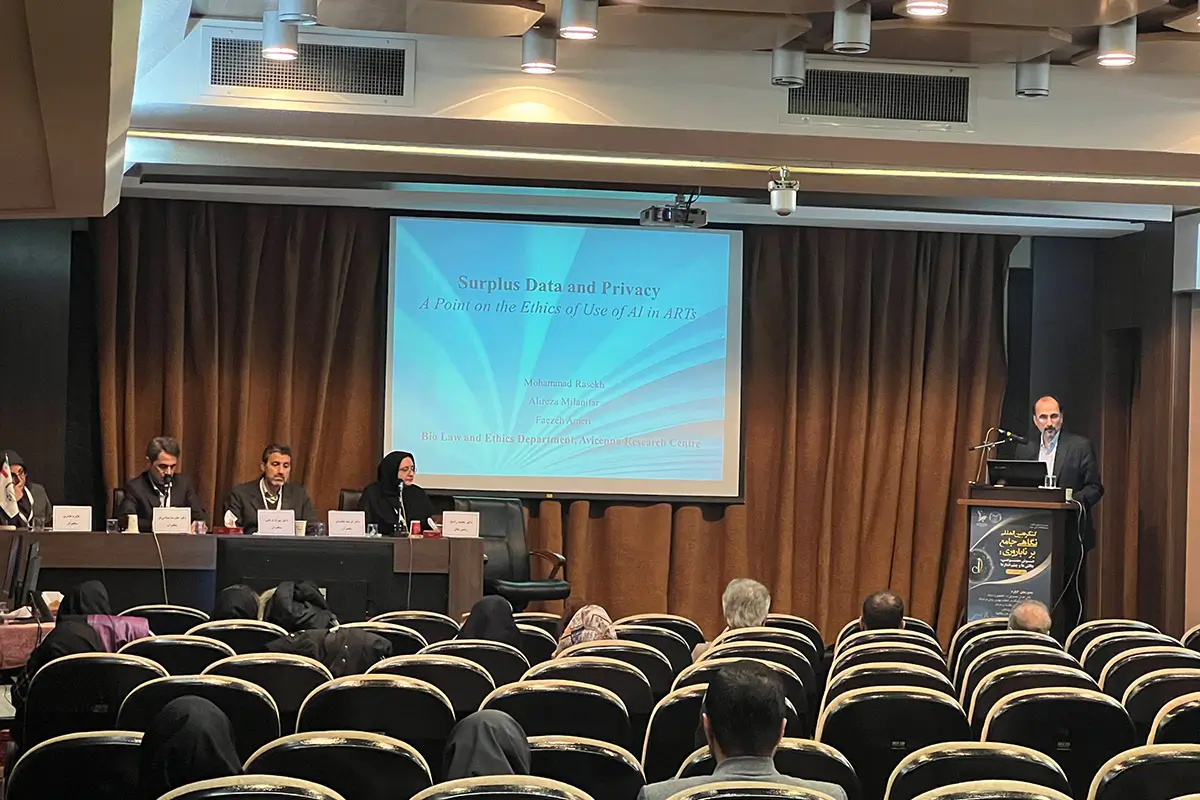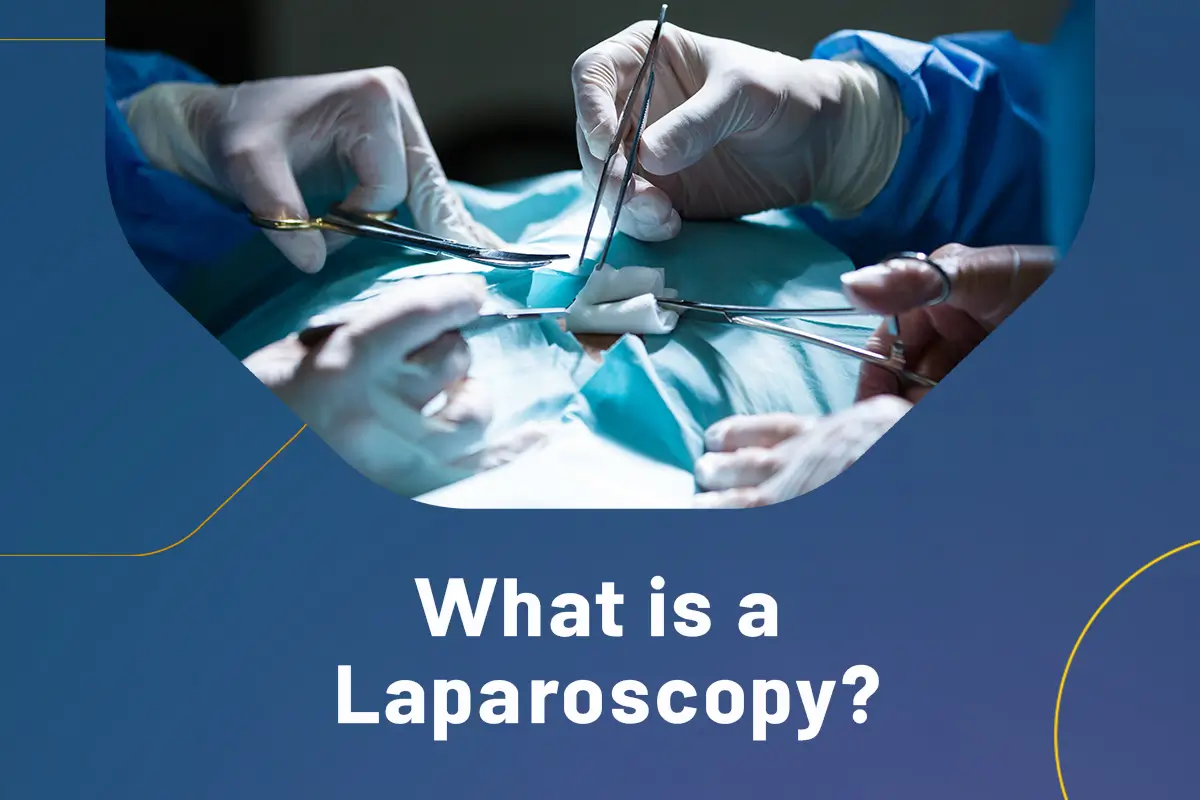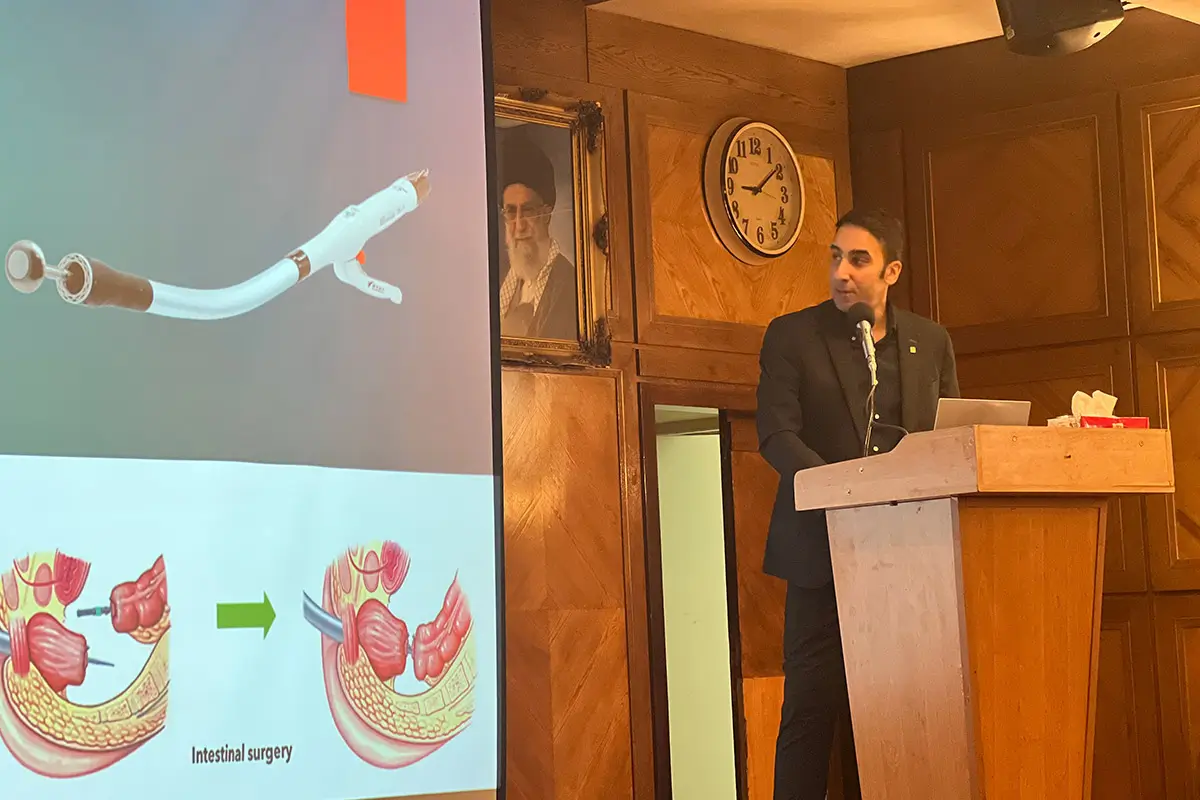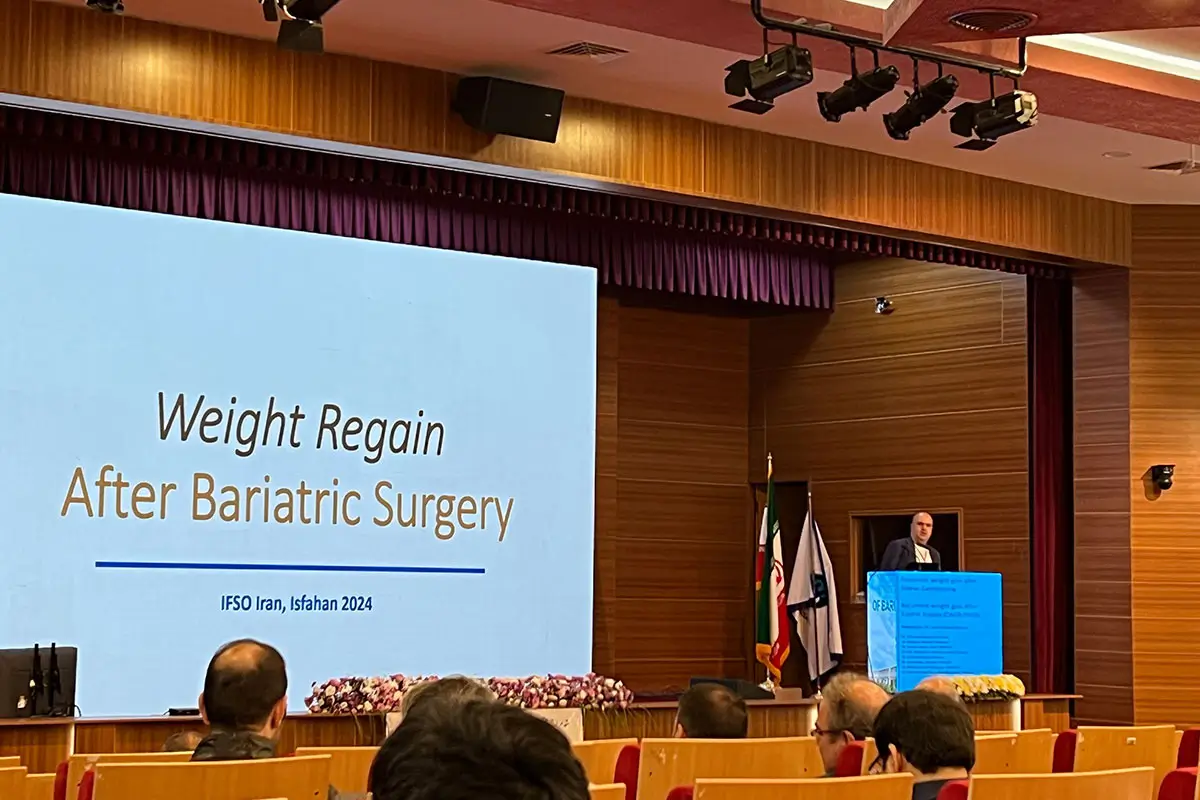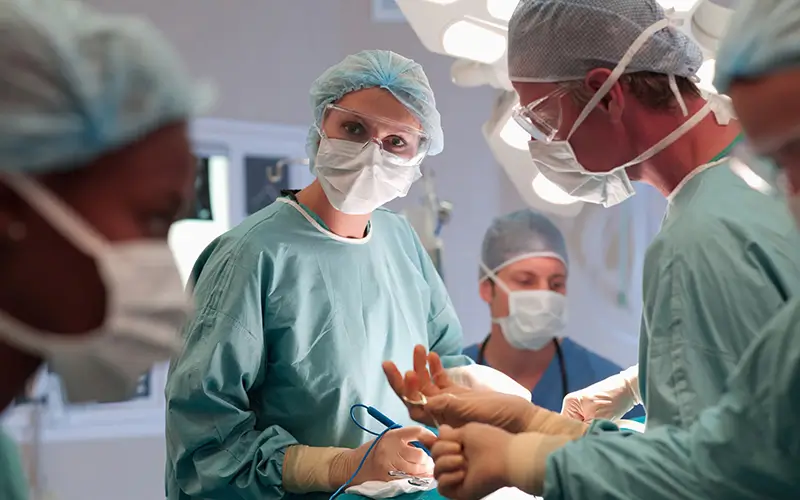DePuy Synthes is proud to be a champion of diversity and equity for surgeons in the field of orthopaedics. There is a great need to improve the percentage of women – particularly women of color – among orthopaedic surgeons.
- Today, despite current medical school classes being split evenly by gender, the percentage of women who enter orthopaedic surgery residencies is around 15% globally
- It’s even lower in the United States at just over 6% — the lowest rate of all areas of medicine.
- The number of black female orthopaedic surgeons in the United States is just over 50. That’s out of a total of nearly 23,000.
Those statistics are unacceptable – for the women and for the underrepresented groups who want to succeed in the field, and for the people who need more equitable healthcare. We know that lack of diversity in the field has a detrimental effect on a diverse patient population and leads to inequities in healthcare. We also know that lack of diversity in the field limits diversity in clinical trials.
To drive a collaborative approach to this problem, we’ve convened a community of women leaders in the field of orthopaedics – comprising surgeons, engineers, advocates and allies – who talk openly about the challenges of sustaining diversity in the field of orthopaedic surgery. We’ve talked about the barriers to entry and success in the field, we’ve discussed the challenges some orthopaedic product designs have when they are created for the grip strength of average men, and we’ve invited these women – and many others – to participate in the design process with us.
Over the past two years, we have hosted multiple forums around the world to invite advocates and allies to tell their stories and seek solutions together. In 2022, we engaged with more than 1,500 surgeons at events in partnership with societies, congresses, and strategic orthopaedics industry initiatives—all across the globe, from the US to Australia, UK and Latin America.
We are intentional about identifying a broad and diverse group of surgeons, including women surgeons, to consult and provide insights and ideas in product development projects, for voice of customer activities and on advisory boards. And, we have collaborated with AANA to support an immersion for diverse medical students to educate and encourage them to pursue an orthopaedic specialty.
This has been an incredible journey, starting with a grassroots internal employee program, and building to what is now a passionate group of surgeons and supporters who are driven to identify and address unmet needs from diverse perspectives. Our commitment is unwavering, and we will help keep diversity moving forward in orthopaedics.
